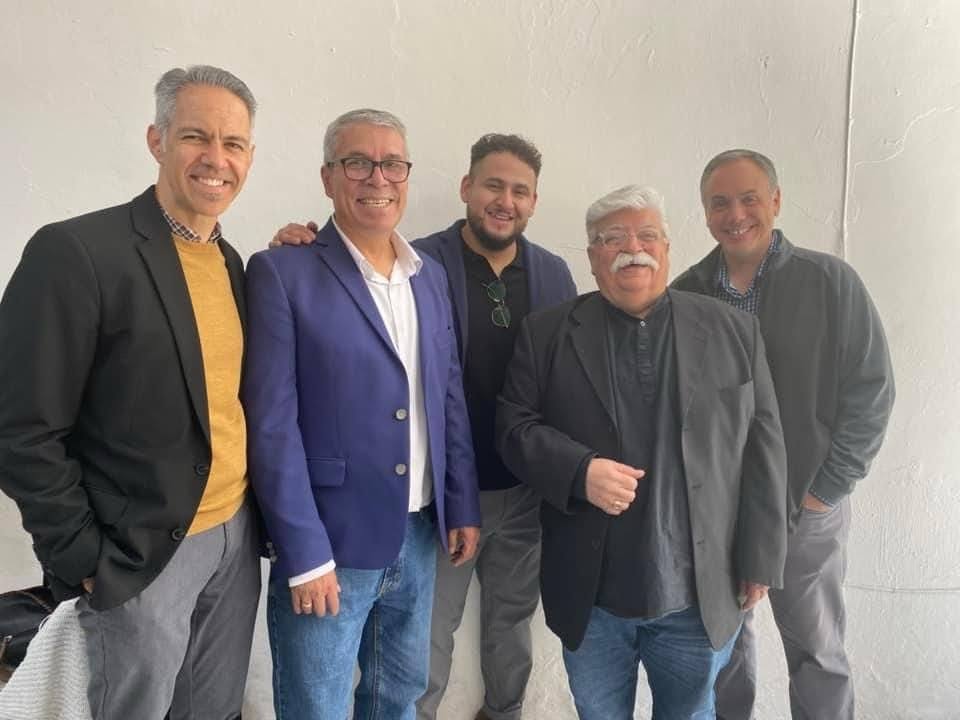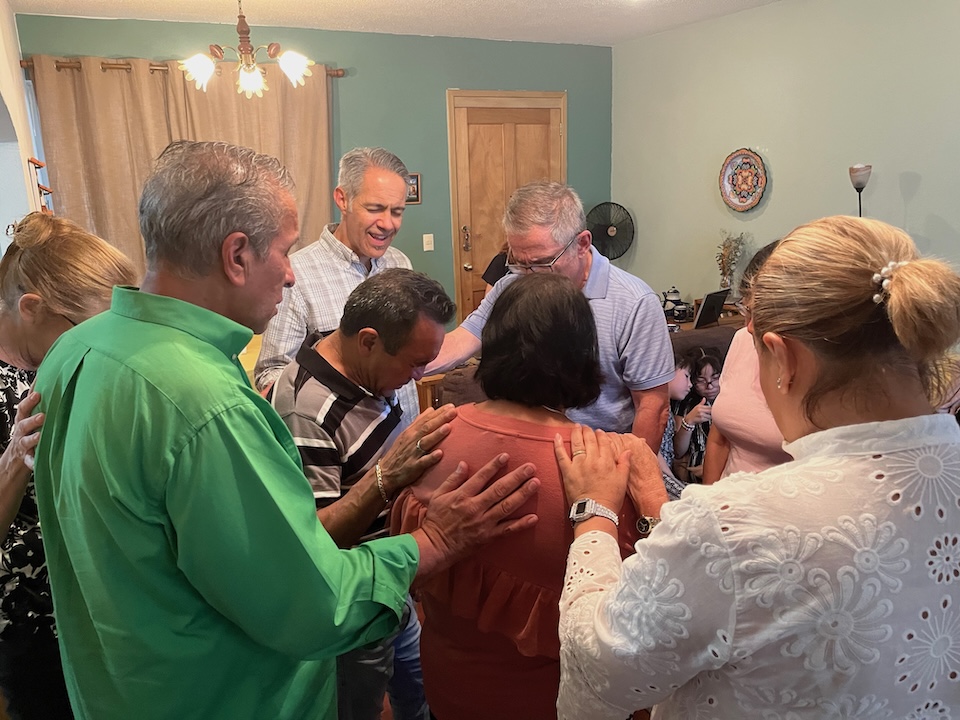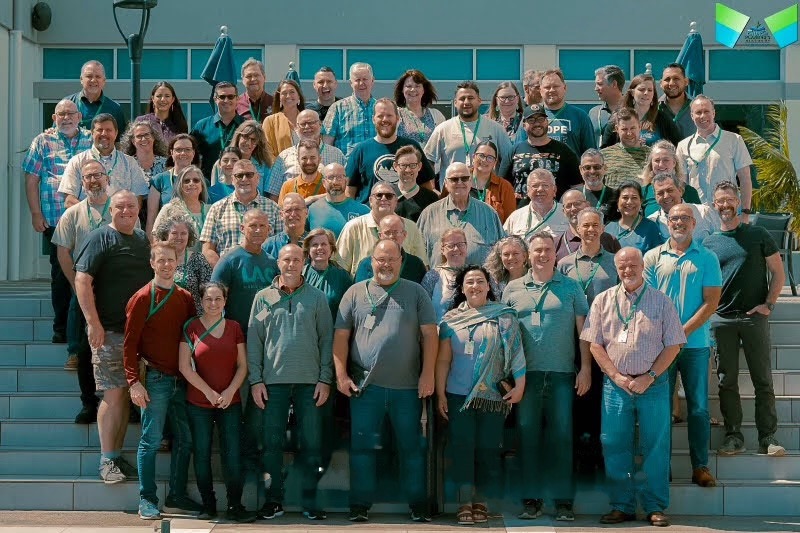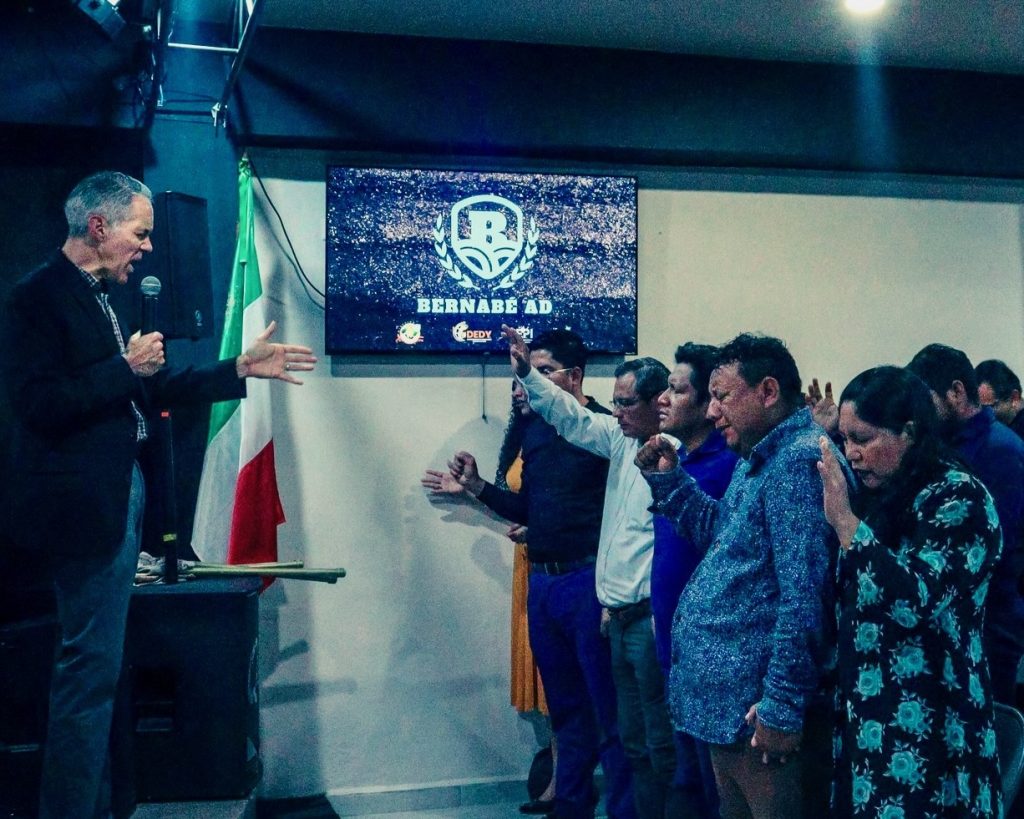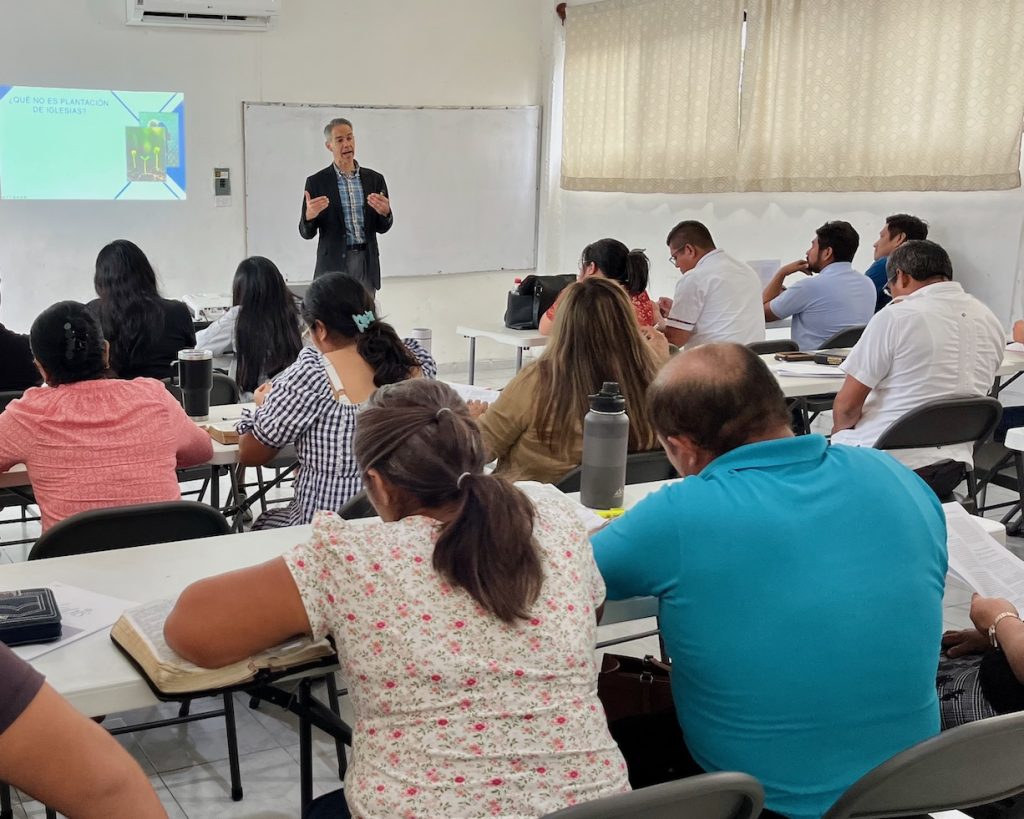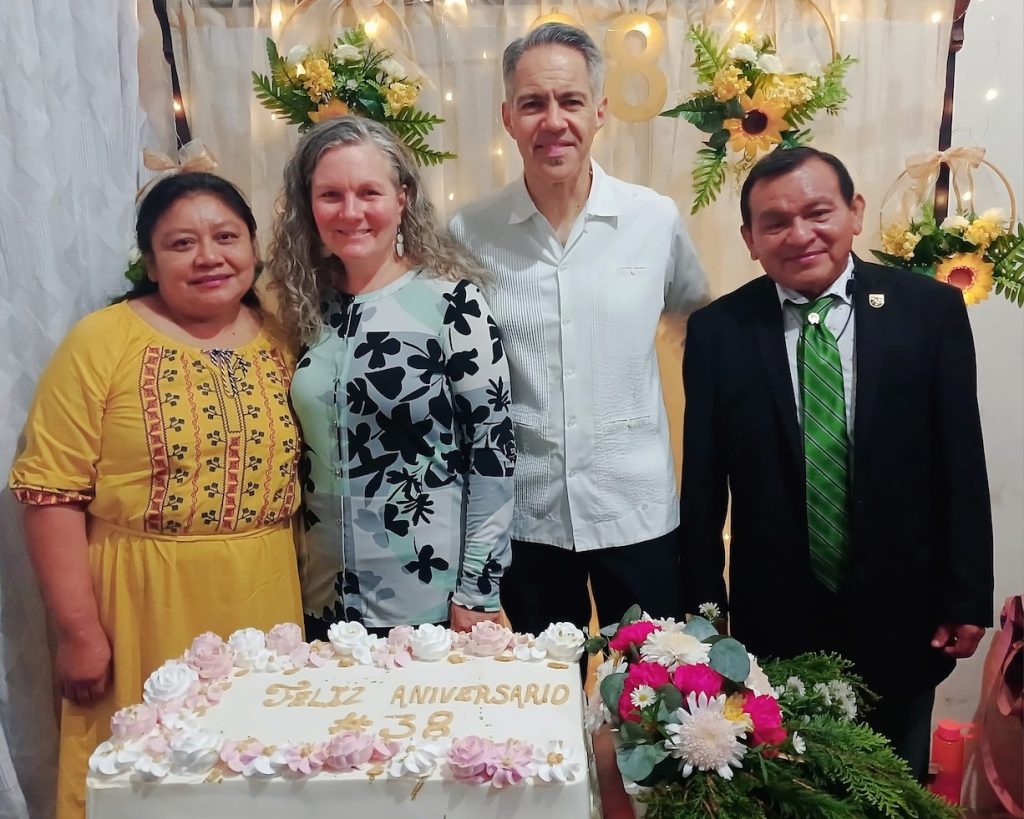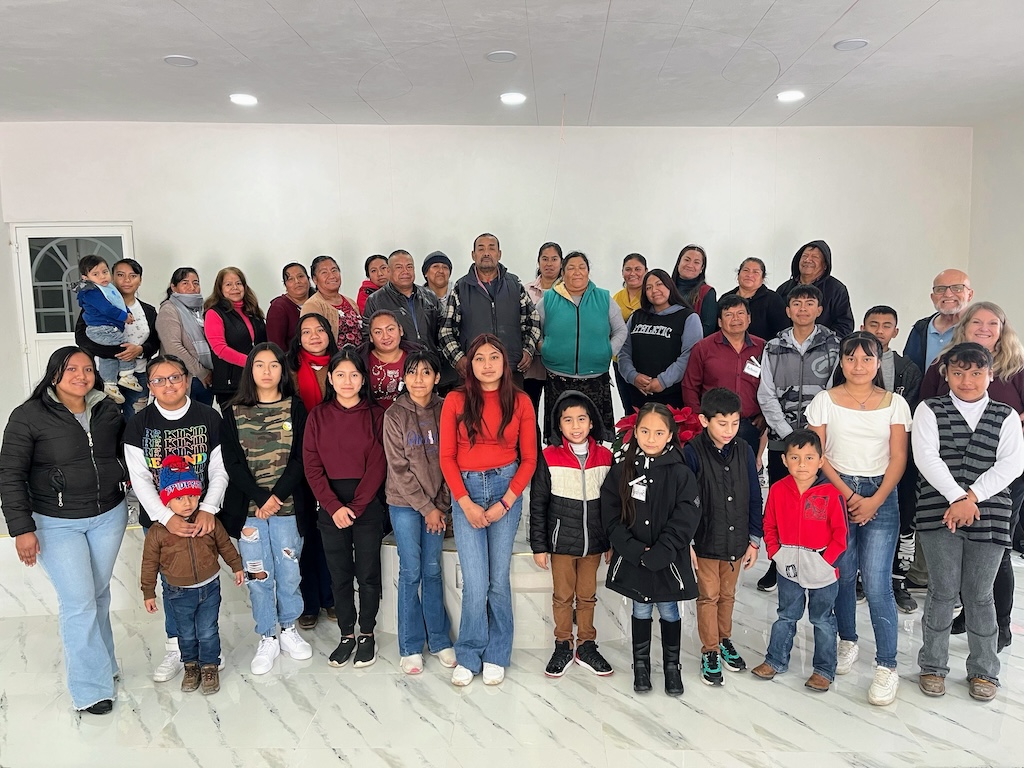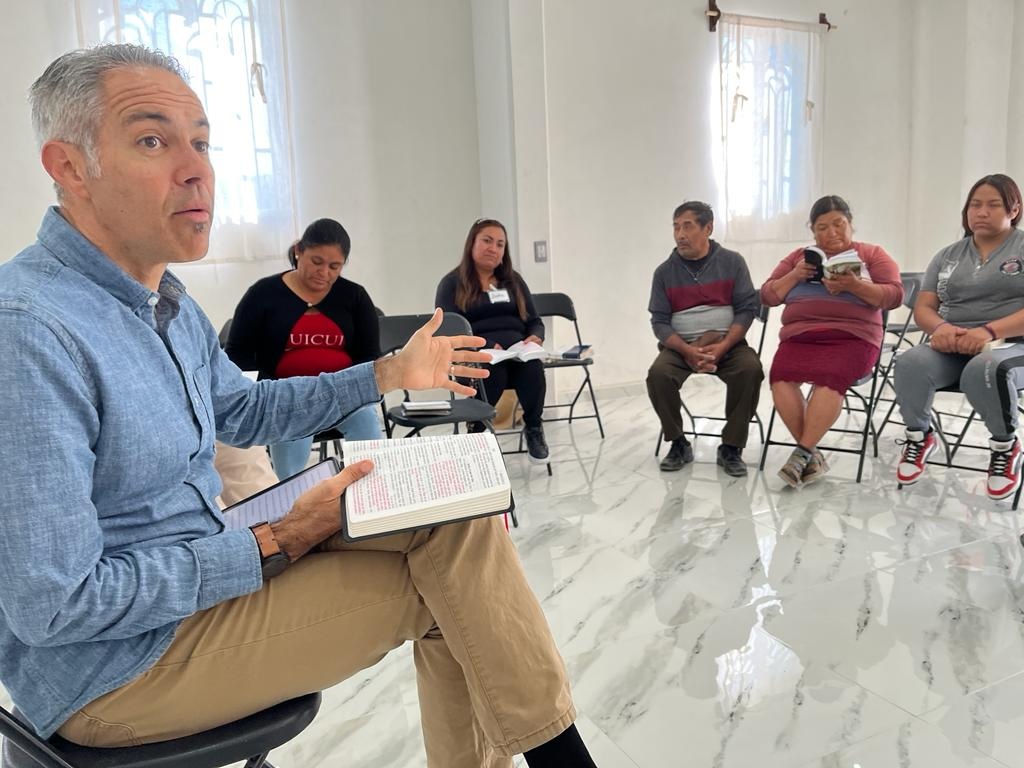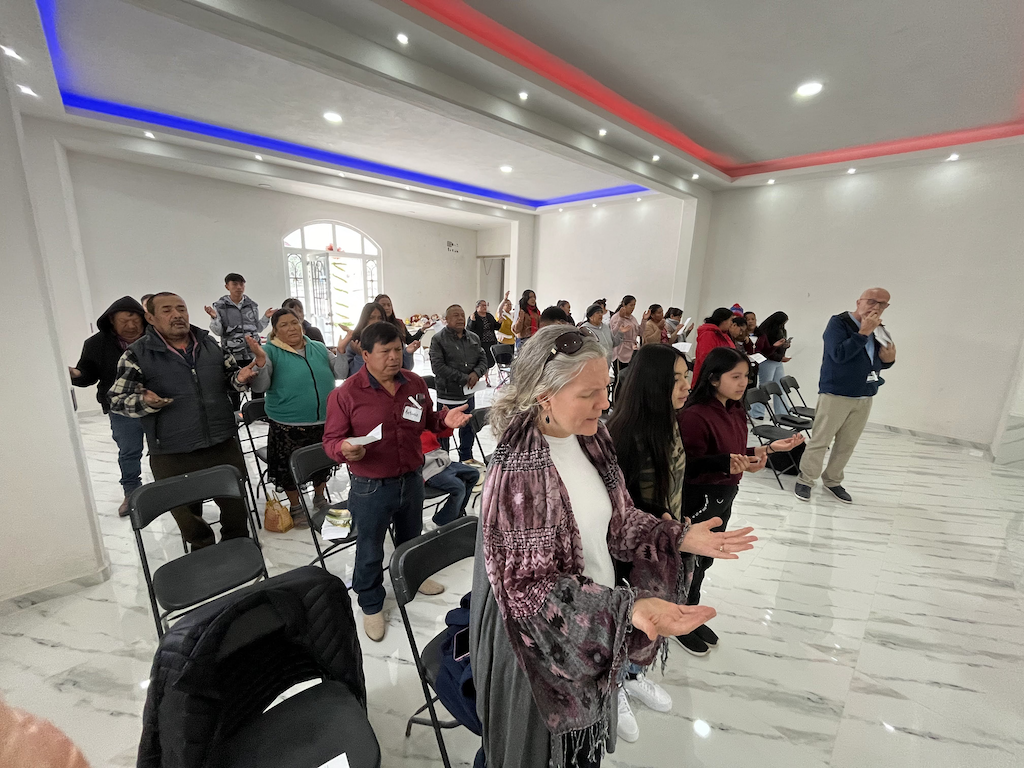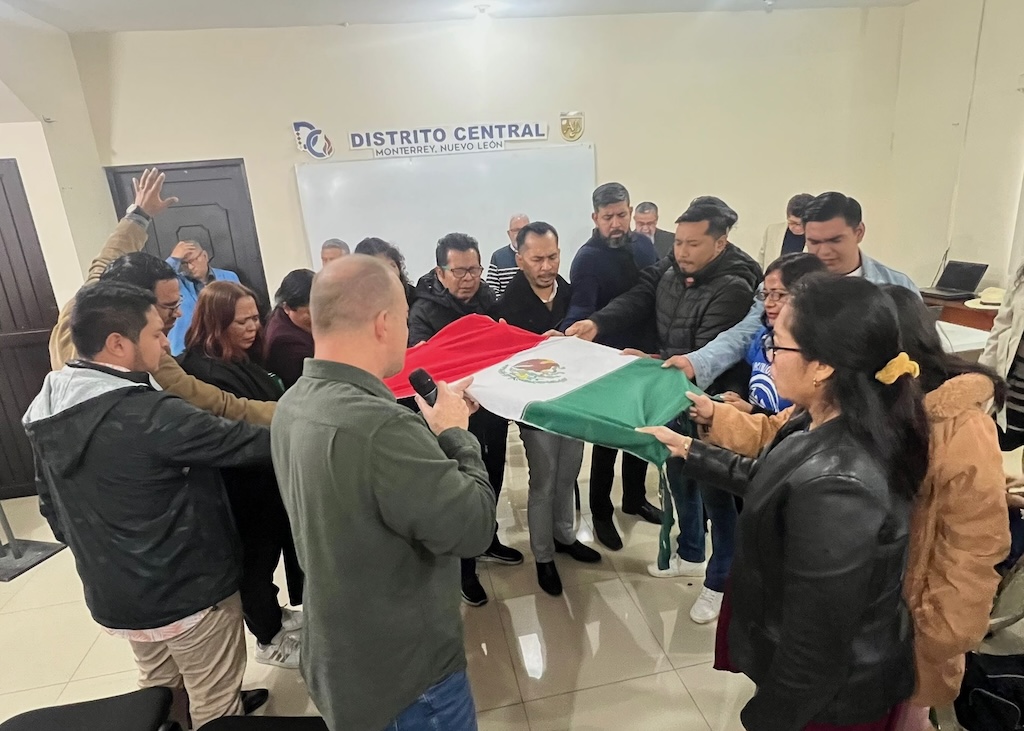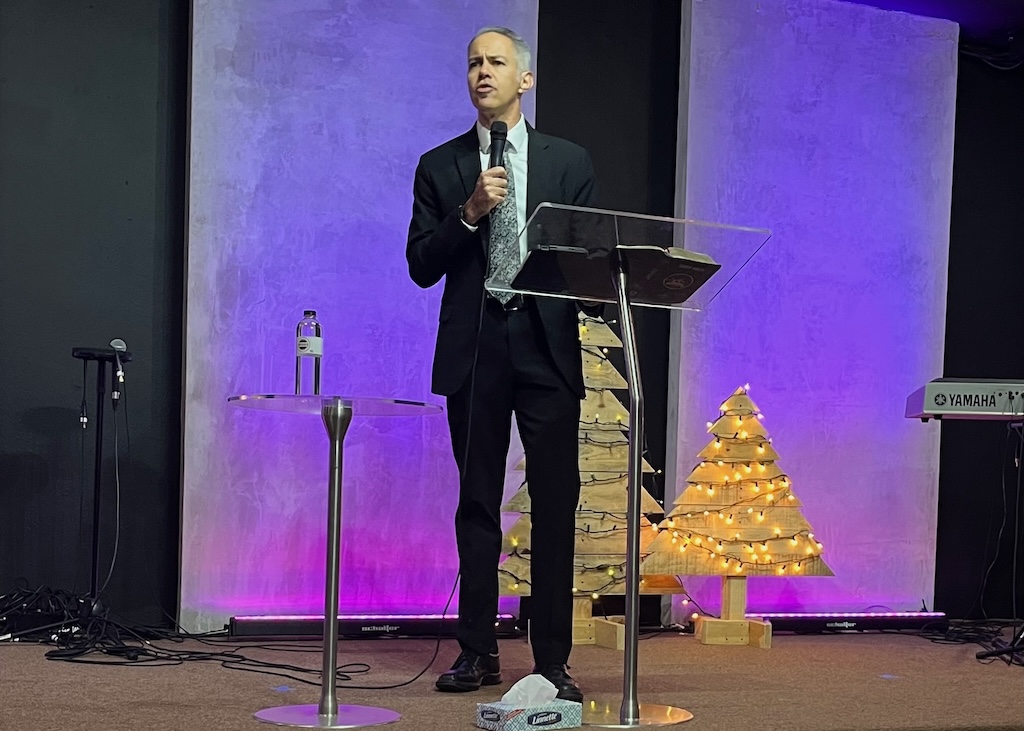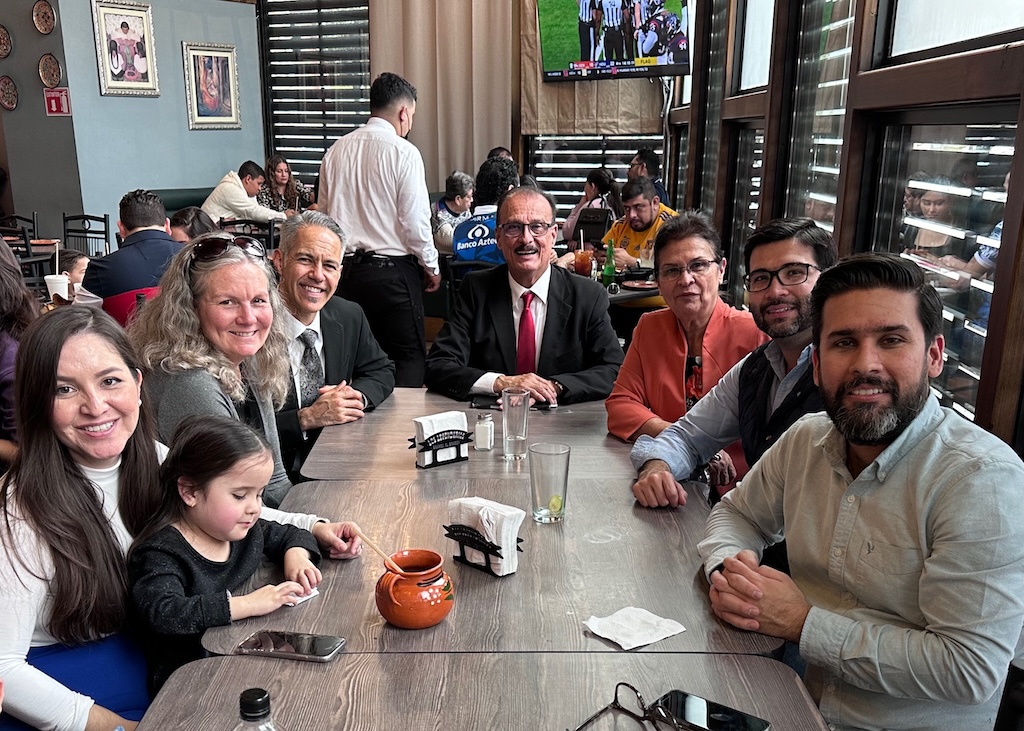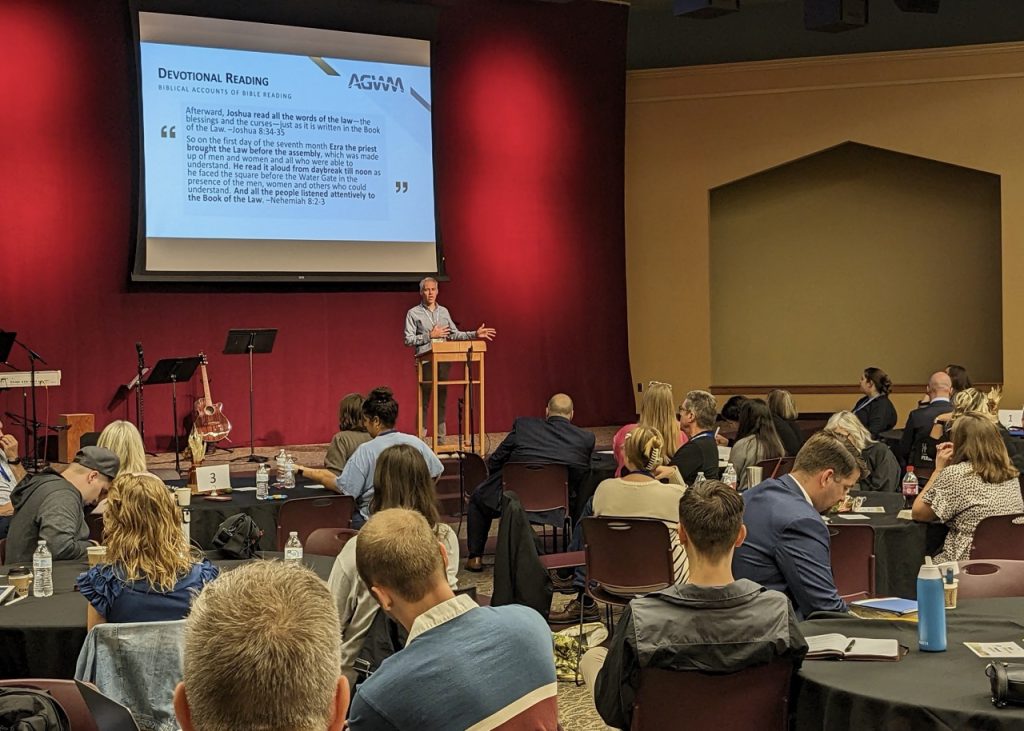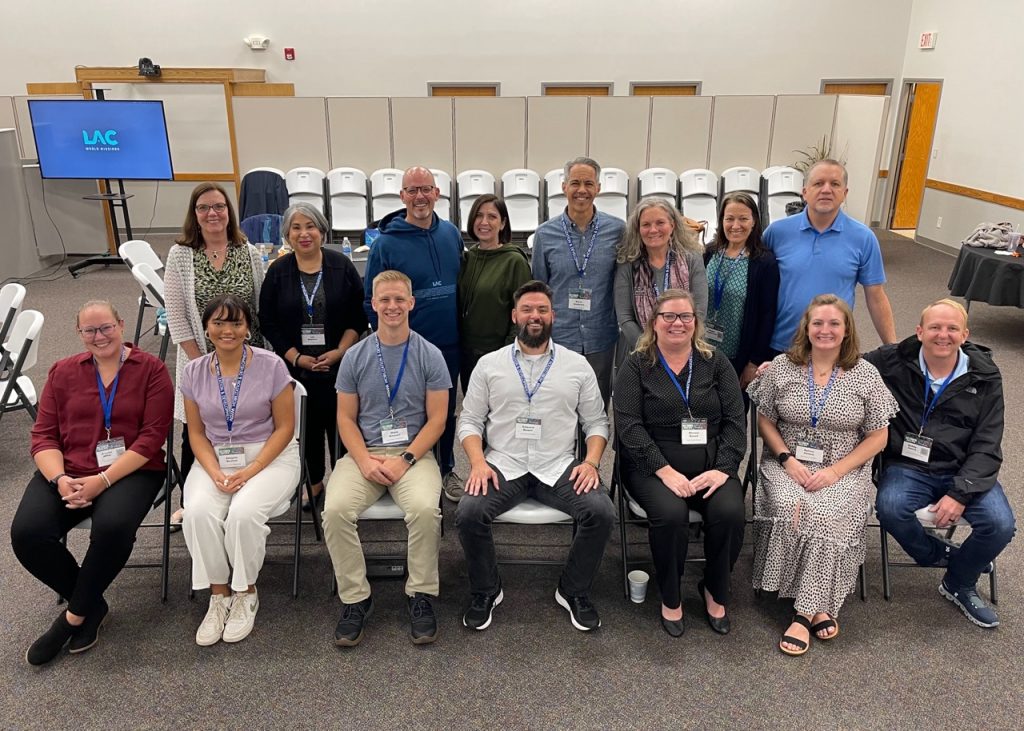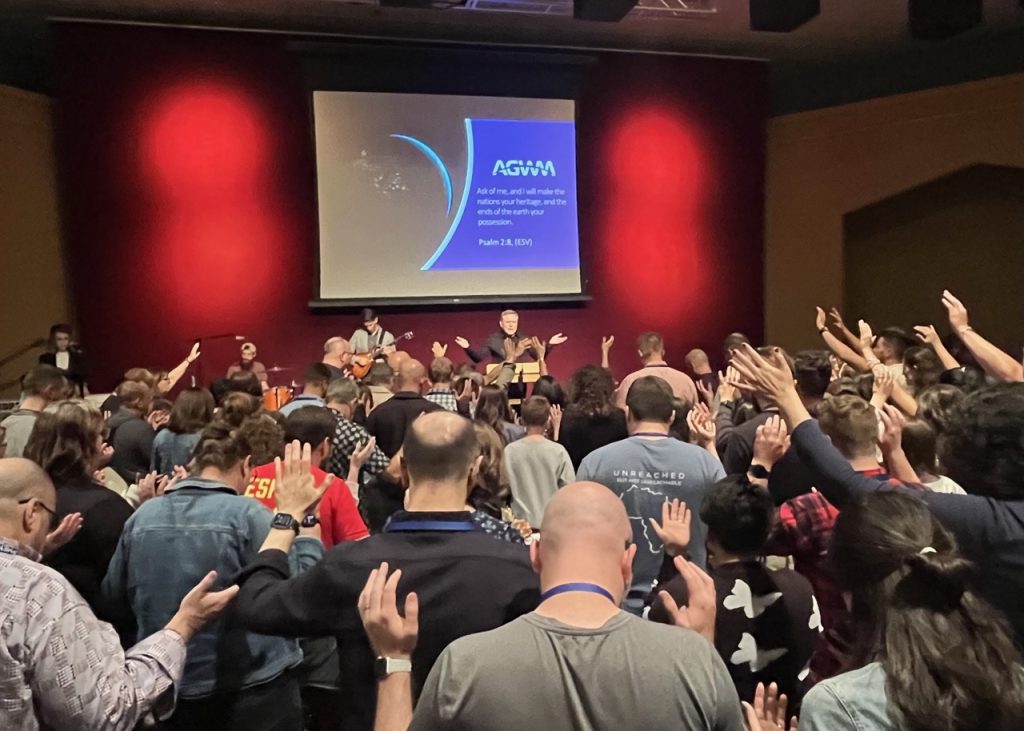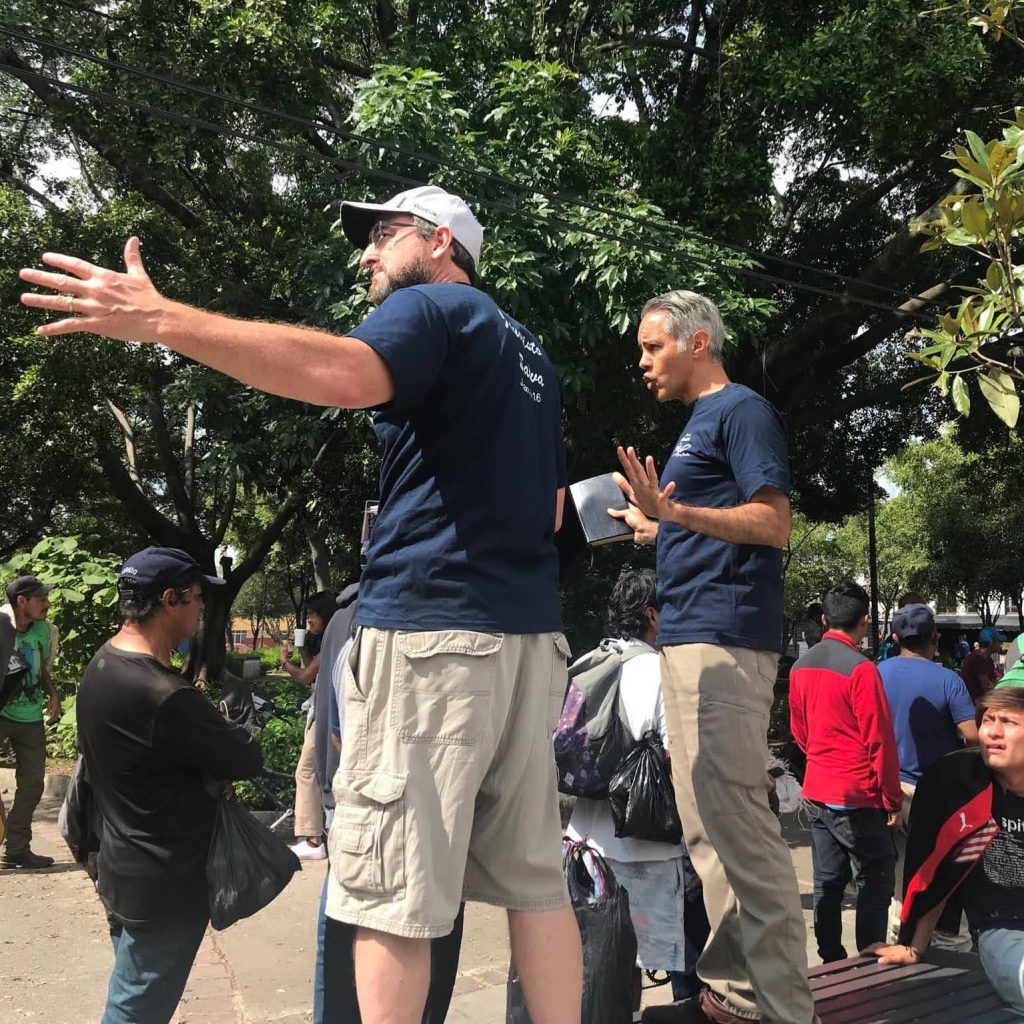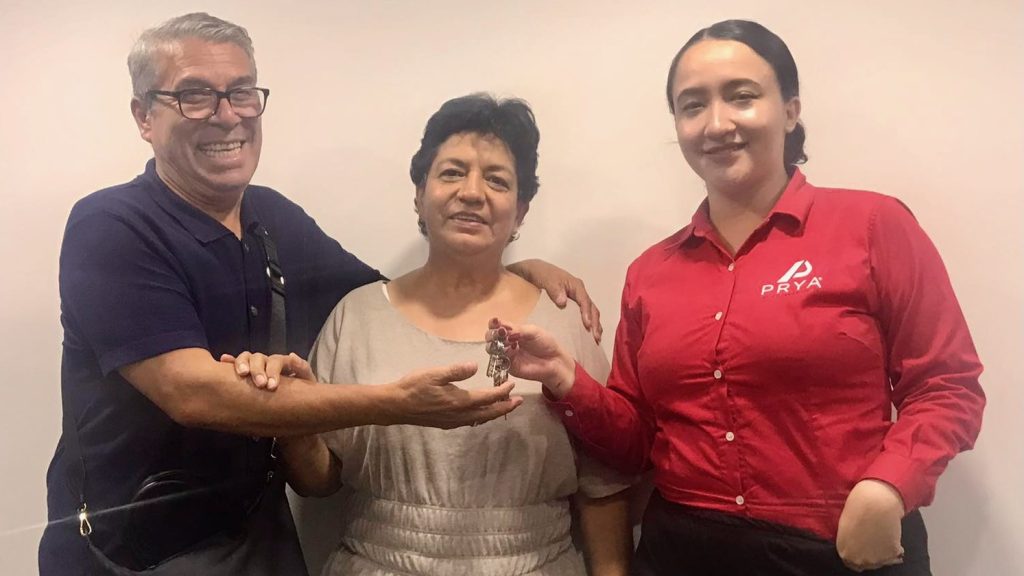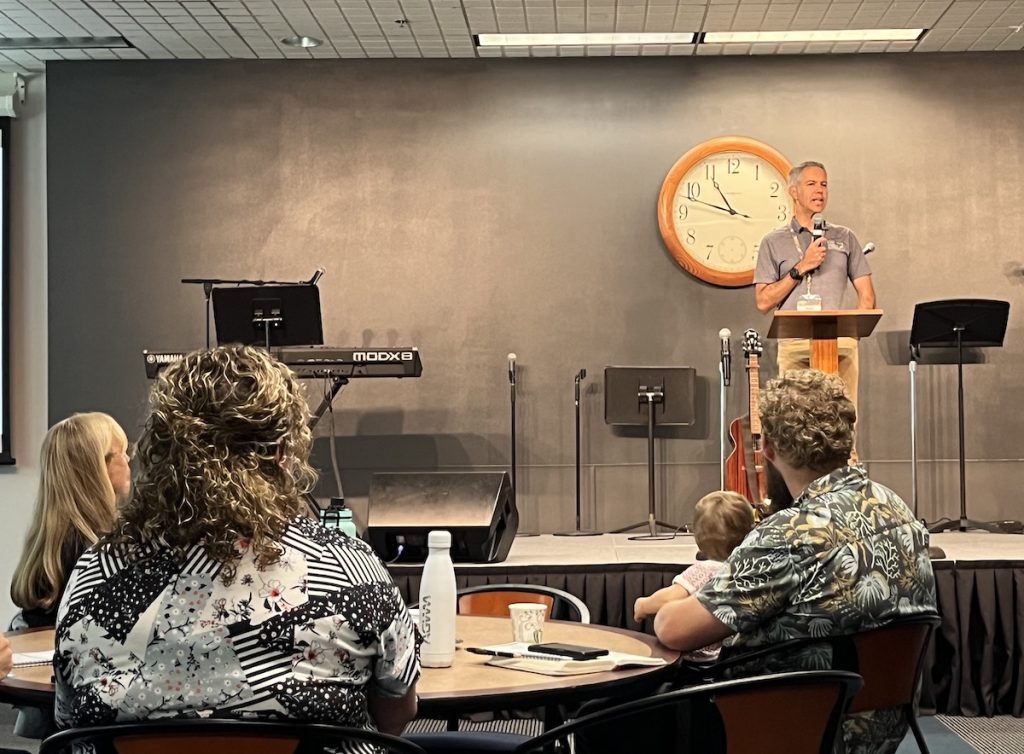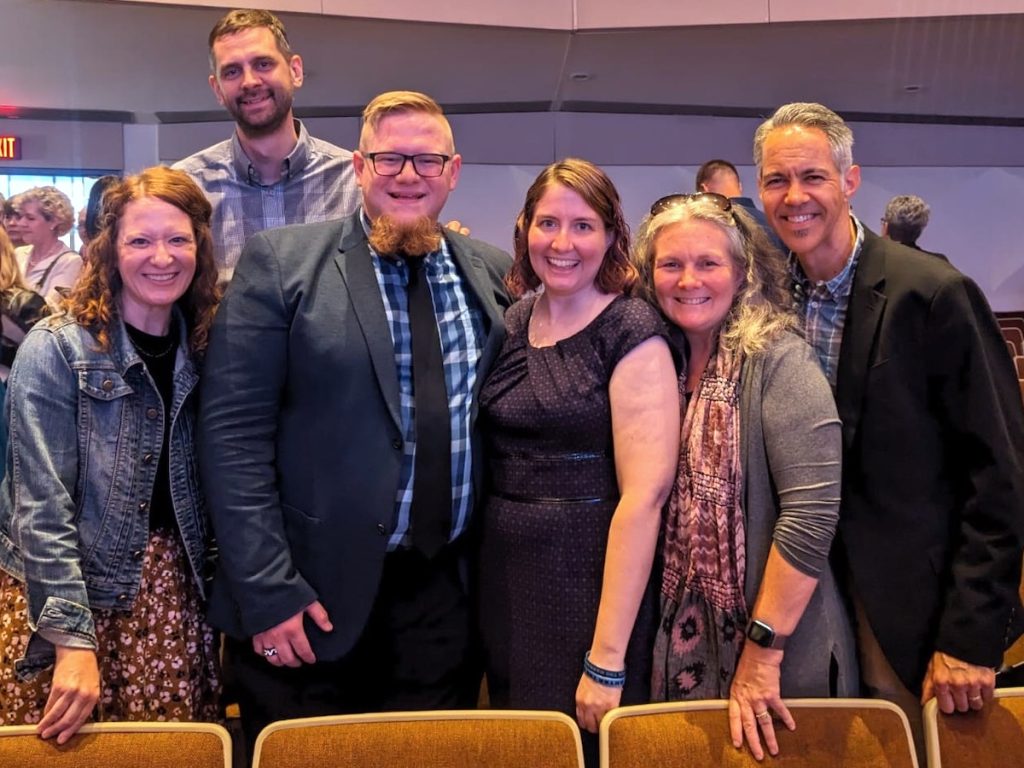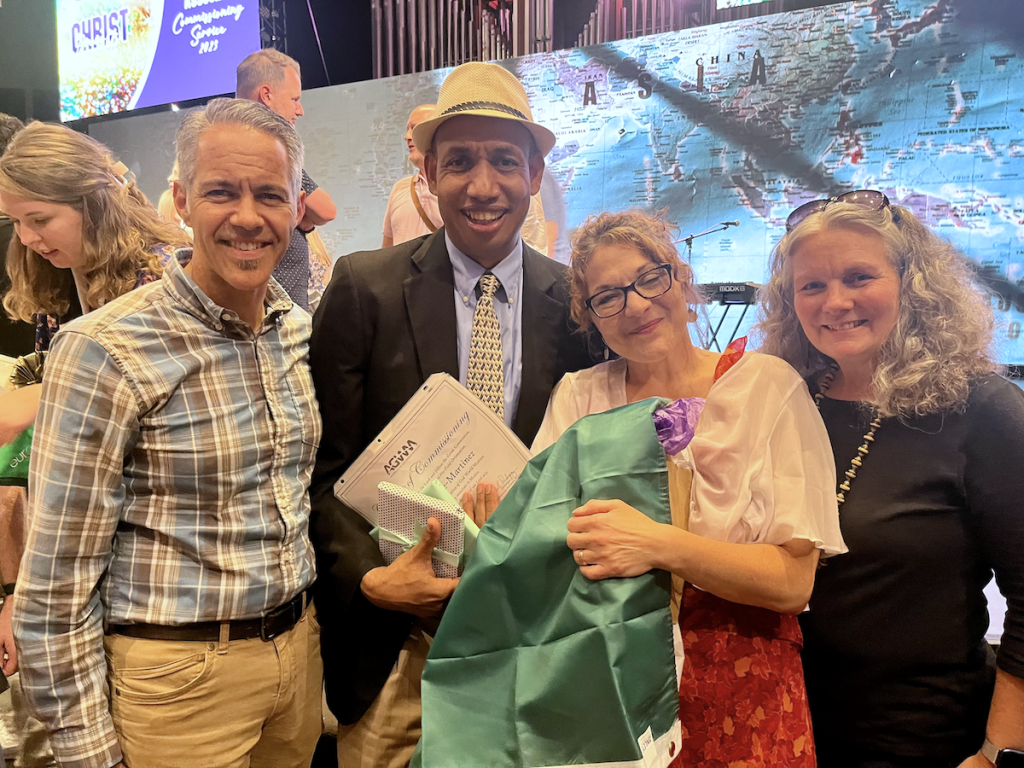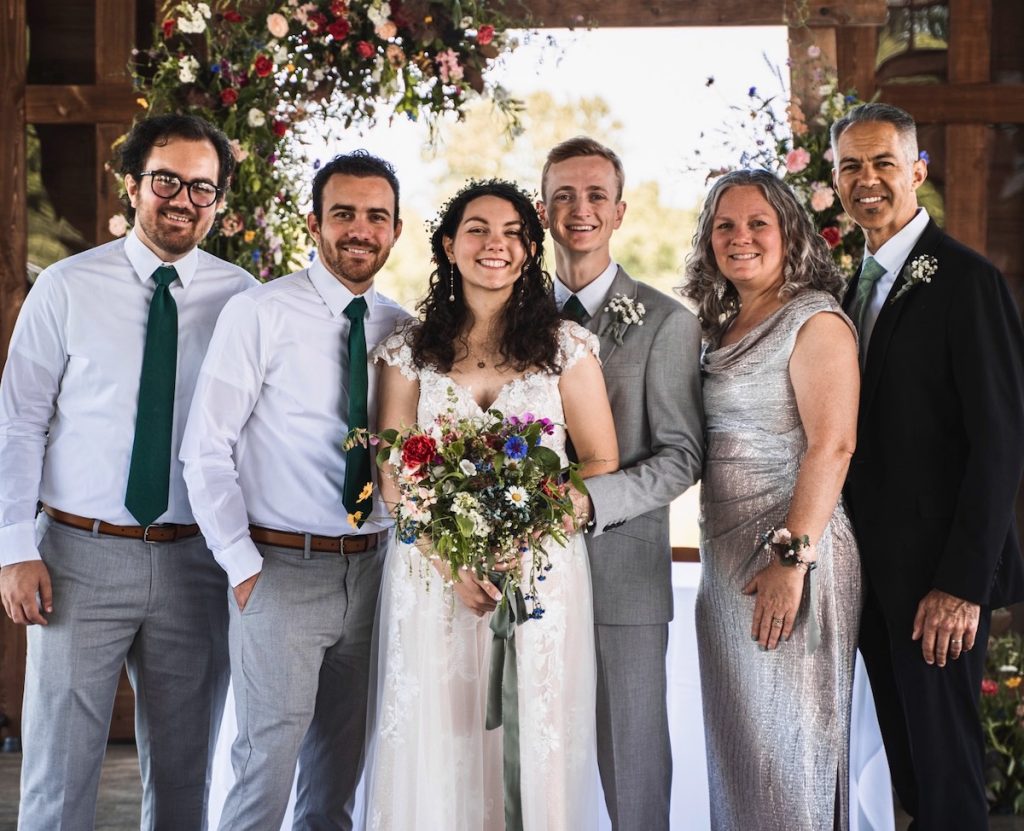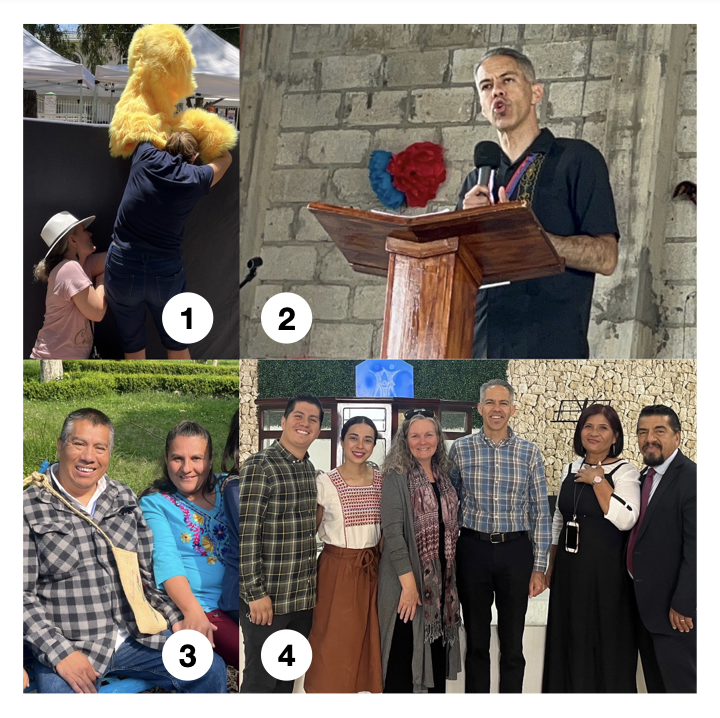The signs of damage were impossible to miss as we arrived in Acapulco—trees broken and bare, windows shattered, and, in some places, the complete facades of buildings still missing months after Hurricane Otis carved its devastating path eastward through the city into the surrounding hills. Yes, the sad story of disaster that began on October 25, 2023, when this category 5 storm made landfall is easy to tell. Nevertheless, the story we heard as we greeted the area congregations was one of resilience.
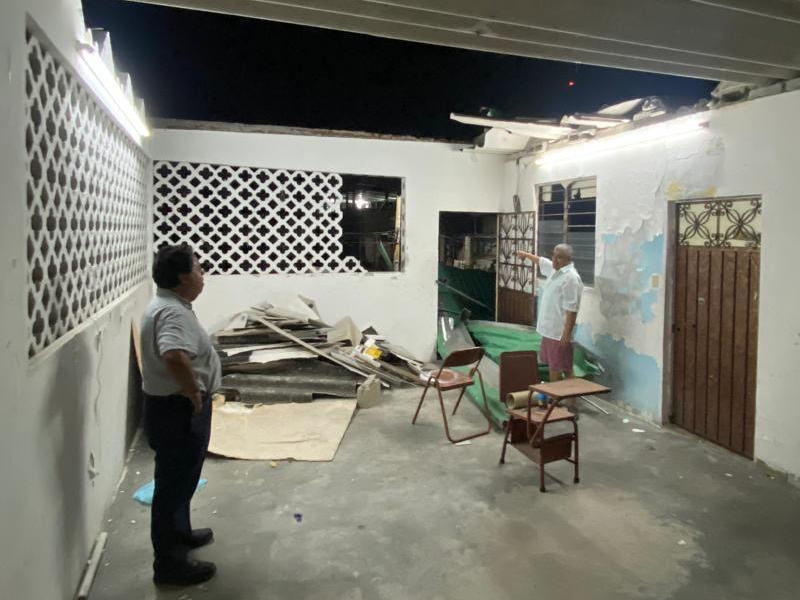
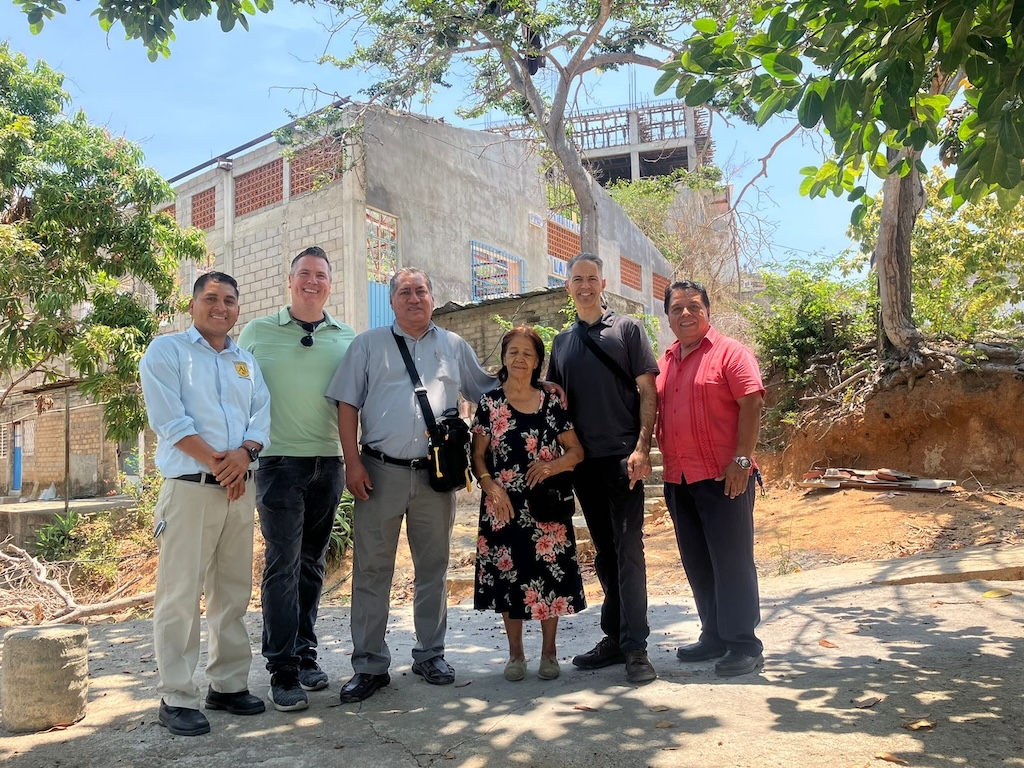
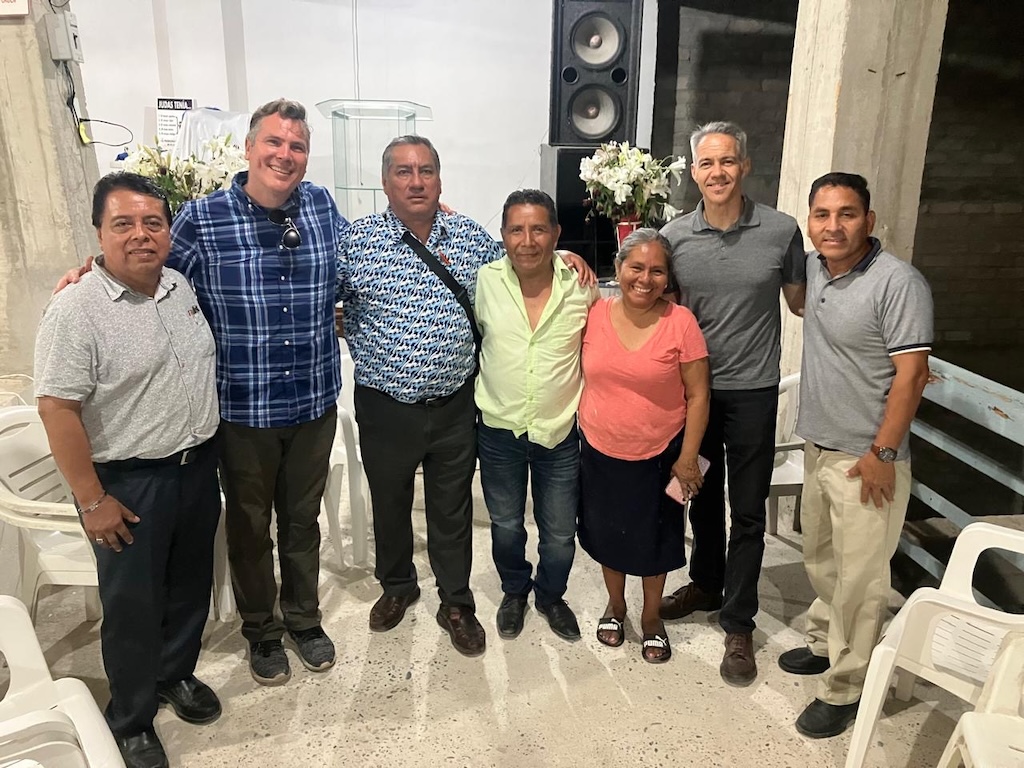
Fellow missionary Peter Breit accompanied me (Dave) as we made the 4 1/2 hour drive from Mexico City to Acapulco, located on the Pacific coast of Guerrero. We were met by the district superintendent, Victor Olivares, and his team, visiting 25 churches in the five-day trip, from May 1st to the 6th.
What we saw was breathtaking. At one church, the entire third floor—roof, block walls and all—had been completely swept away. At another, the metal roof structure of a neighboring building had literally been thrown into its second-story balcony. Miraculously, there was no loss of life among A/G church members. However, these structures remain scarred because reconstruction has been slowed by a lack of available materials and laborers despite the generous response to calls for support.
Even in the face of so much adversity, we were met by people with hearts full of gratitude, determined to persevere. Celso and Guadalupe, the pastors of Rey de Reyes in the Las Cruces neighborhood, exemplified this determination. Even before the storm, as they sought to establish a vibrant congregation in this needy area, they had to overcome both violent persecution and an avalanche while constructing their building. Seemingly unfazed by the setback Otis dealt them, they received us with thankfulness for the support we’d given and faith for their complete recovery.
Let’s remember these brave believers in prayer as they continue the labor of reconstruction.
Photo Captions:
- Pastor Alfredo Castañeda shows Victor Olivares storm damage to his church and how high winds carried a neighbor’s roof through its balcony door.
- While reconstruction efforts are slow, we rejoiced to see materials on-site at “Amistad,” a church that had lost its roof in the storm.
- Pastors Celso and Guadalupe, together with the leadership of District “Sur Pacífico”

